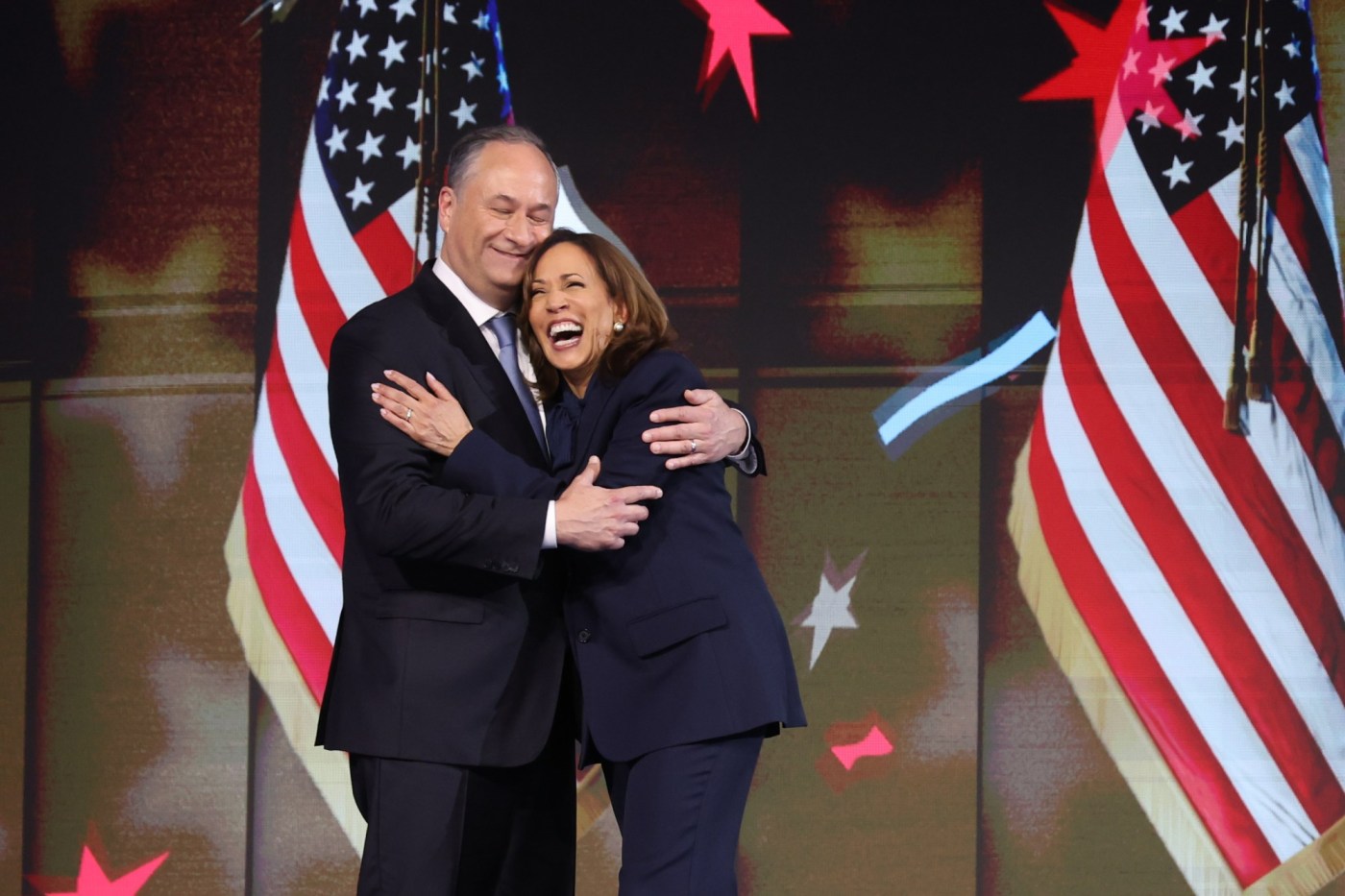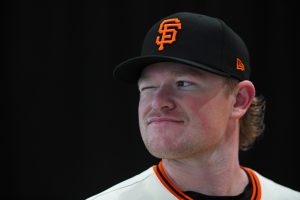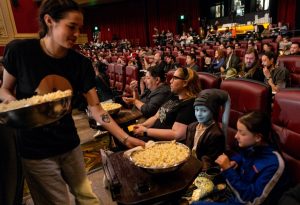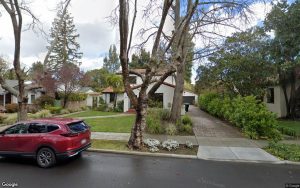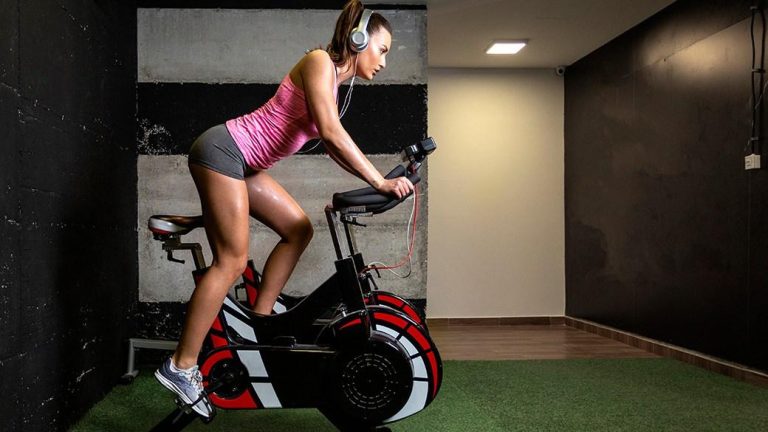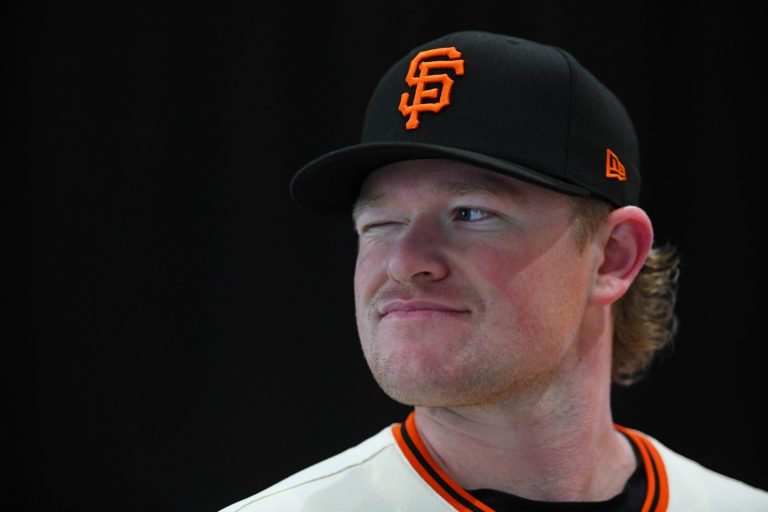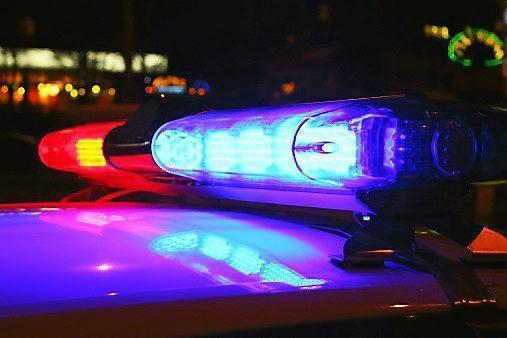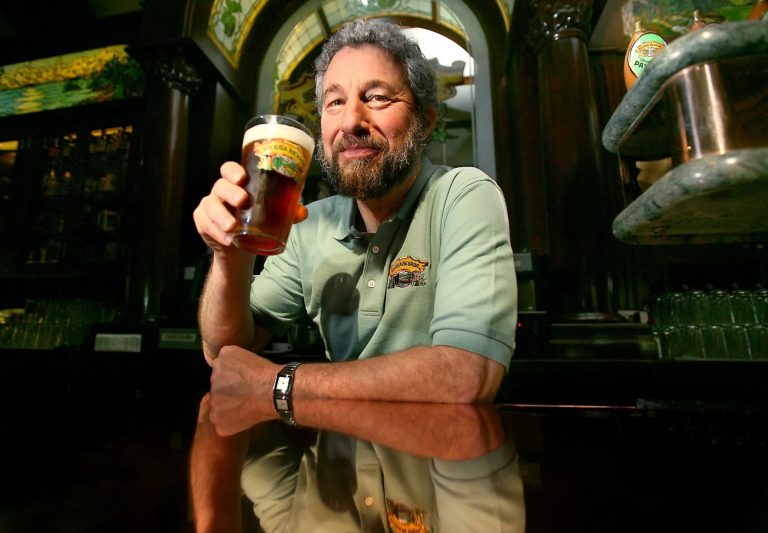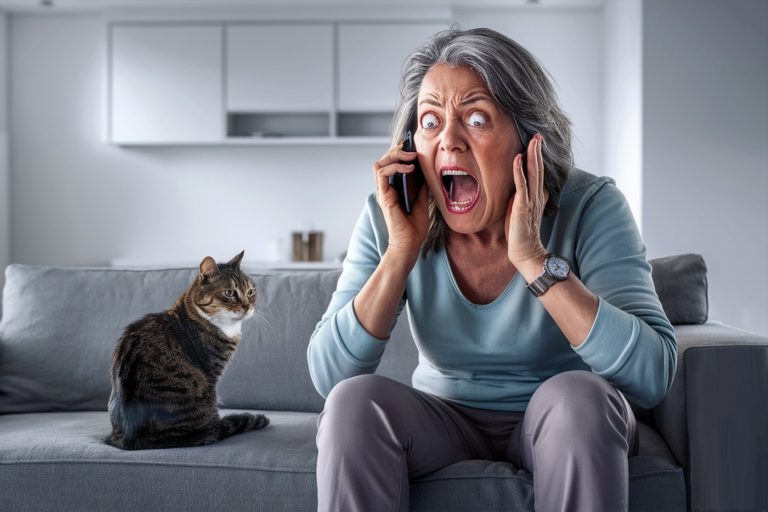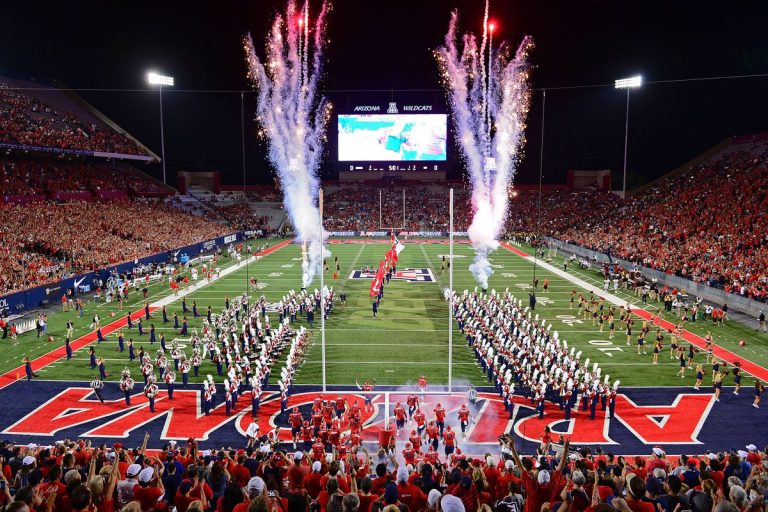We’ve made it, Chicago. The politicians and delegates are packing up, as are out-of-town protesters, journalists, and TV hosts. Road closures are opening back up and the United Center will soon be back to its regularly scheduled programming. Beyoncé fans hopeful about a surprise performance put their mirrored cowboy hats away.
Talk now turns to how the city performed, and possibly, whether the Democratic National Convention may return.
Pressure was on both demonstrators to deliver numbers and make their message go national and law enforcement to protect the city and not violate any protesters’ constitutional rights. The Tribune’s protest team checked in on both Thursday.
Gov. JB Pritzker, who has embraced his role as dutiful host and unabashed basher of former President Donald Trump, was “relentless” in pushing national Democrats to bring the DNC to Chicago. “I’m a competitor,” he told Politico’s Jonathan Martin on Tuesday. He seems ready to do it again.
Though back-to-back conventions are unusual in the modern era, Pritzker noted that there was precedent: the 1940 and 1944 conventions, where Franklin Roosevelt was nominated, both took place at the old Chicago Stadium (so was Roosevelt’s first nomination in 1932). The same happened in 1952 and 1956, when native son Adlai Stevenson won the nomination at the International Amphitheatre (formerly at 42nd and Halsted).
Madison Square Garden in New York City also hosted back to back conventions to nominate Jimmy Carter.
“I know there are local press here who are going to say, ‘Oh, we’re bidding on 2028 already.’ But I – it has happened,” he said. “It hasn’t happened in recent history, the back-to-back in one city hasn’t occurred, but it could. And as you all can see, Chicago’s a great city to have a convention in.”
Party officials will gather for a post-convention wrap-up meeting later this morning.
Here’s what happened yesterday
Kamala Harris formally accepted the nomination to become the Democrats’ presidential pick.
Unlike nominees before her, Harris did not run the primary gauntlet, starving many Americans of the chance to learn her story or the priorities that could shape her presidency. Her acceptance speech — and many of the interstitial videos that have played through the last four days inside the United Center — introduced her life story.
Balloons fall after Democratic presidential nominee Vice President Kamala Harris accepts the nomination at the conclusion of the Democratic National Convention at the United Center, Aug. 22, 2024. (E. Jason Wambsgans/Chicago Tribune)
On her policy list: Passing and signing the bi-partisan border deal, a voting rights bill that would limit gerrymandering named after the late Congressman John Lewis, and enshrining abortion access. She also reiterated her support for a cease-fire in Gaza. The Tribune’s Rick Pearson, Olivia Olander, Molly Morrow, and Jeremy Gorner have the rundown.
For Democrats, the good vibes of the week will fade and hard work will begin. “This is not going to be easy,” Pritzker told fellow Democrats earlier Thursday. “It’s a lot of fun over at the United Center, and we feel the momentum of it all, but it’s going to take a lot of work. Seventy-five days. Seventy-five days, not too many.”
Despite the support of Mayor Brandon Johnson and several Illinois legislators, at the conclusion of the night, a pressure campaign from uncommitted delegates to get a Palestinian American a speaking slot on Thursday was unsuccessful. During the portion of Harris’ speech about Gaza, a few attendees yelled “Free Palestine!”
Illinoisans got multiple speaking slots during the convention’s final night: Congressman Raja Krishnamoorthi addressed Trump’s foreign policy stance, former Illinois Attorney General Lisa Madigan joined several other prosecutors who worked with Harris to praise her efforts to protect homeowners during the foreclosure crisis. Former Congressman Adam Kinzinger, a Republican and never-Trumper, defended Democrats as patriots and said Trump “suffocated the soul” of his party.
Other Tribune must reads from the convention
Zareen Syed and Shanzeh Ahmad spoke with young Black and Indian women about Harris’ nomination. For some, the presidential ticket is historic and emotional. Others are at a crossroads with what they say are Harris’ unclear intentions on a cease-fire in Gaza.
Chris Borrelli took a look behind the curtain of the first-ever “Creator” lounges set aside for social media influencers inside the United Center.
Sylvan LeBrun checked out the city’s designated free speech stage, where audiences — and speakers — were often absent this week.
Karina Atkins headed to a voter registration drive hosted by a brand new political action committee led by former contestants of RuPaul’s Drag Race.
